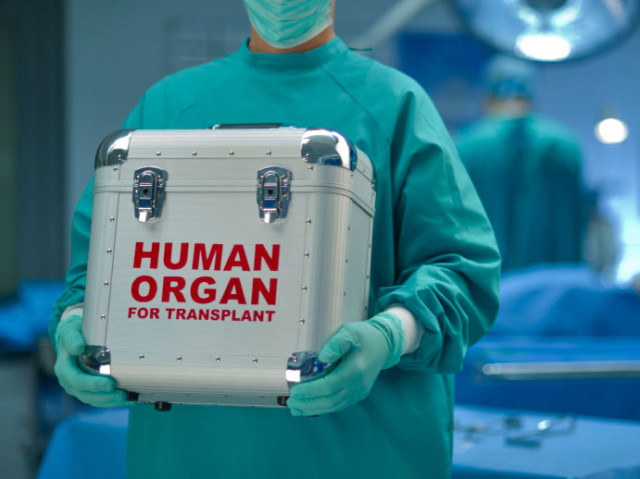Predictive Analytics and How to Decide Who Should Receive Organ Transplants
Companies in virtually every industry are increasingly leveraging data to operate more efficiently and effectively. The health care industry, for example, stands to gain $300 billion in value every year from better use of data, according to the McKinsey Global Institute. One of the major benefits of data is its usefulness in predicting outcomes, as the New York Times statistics guru Nate Silver proved in the 2012 elections. Companies now use data to predict everything from which movies a consumer will enjoy watching to when a machine is likely to need repairs.
As society increasingly relies on data to make predictions, some fear that they will be caught on the wrong side of an equation: a healthy individual might be denied medical coverage, a reformed criminal might be denied parole, or a financially-stable consumer might be denied credit. These fears are misguided. While critics are correct that no algorithm will be right 100 percent of the time, what many people do not realize is that we already live in a world of predictions, we are just not always that good at making them. Fortunately, better use of data analytics can help us make fewer errors. [Read More]


Comments :